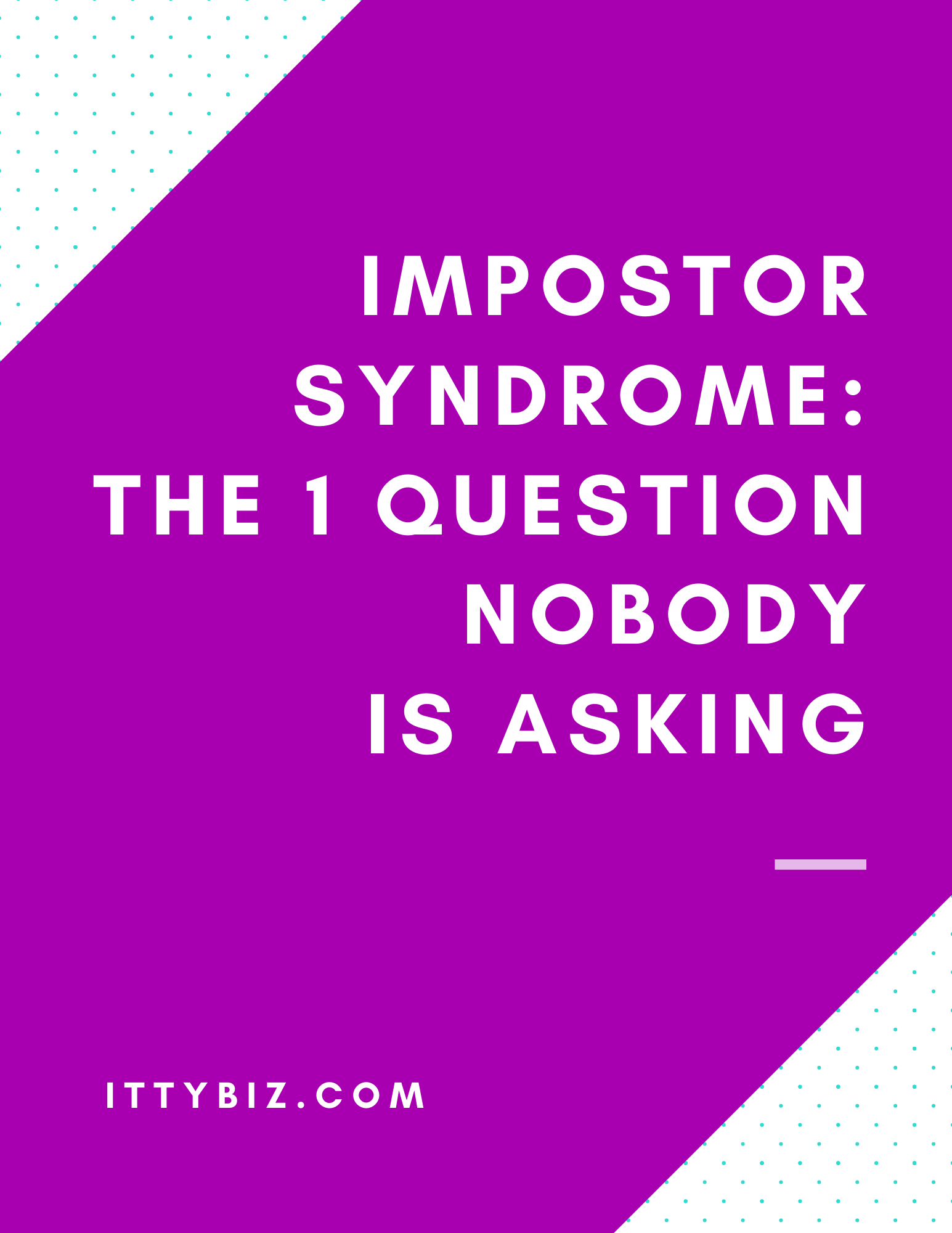Exploring Procrastination, Emotional Dependency, and Impostor Syndrome
Exploring Procrastination, Emotional Dependency, and Impostor Syndrome
Blog Article
In our daily lives, we often encounter challenges that hinder productivity and personal growth. Among the most common issues o'que e dependencia emocional are procrastination, emotional dependency, procrastinaçao and oque é procrastinação impostor syndrome. They can negatively influence our achievements, but understanding them is the first step to overcoming them.
In this article, we’ll explore what these issues are, why they occur, and effective strategies to manage them. With the right insights, you can take control of your habits and live a more fulfilling life.
What is Procrastination?
Procrastination refers to the act of delaying tasks that are important. It is commonly caused by fear of failure, perfectionism, or lack of motivation.

Research shows that procrastination stems from how our minds prioritize instant gratification over long-term benefits. People often procrastinate when they feel unmotivated or overwhelmed. Recognizing these triggers is essential to addressing the issue effectively.
How Emotional Dependency Affects Relationships
Emotional dependency is characterized by a deep reliance on external relationships for a sense of security and happiness. While building relationships is fundamental, excessive emotional dependency leads to imbalance and stress.
People with emotional dependency often feel insecure without constant reassurance. It is usually linked to early attachment patterns, such as a fear of abandonment or low self-esteem. Building self-awareness and working on personal growth can help foster healthier, more independent relationships.
The Effects of Impostor Syndrome on Self-Confidence
Impostor syndrome refers to the internalized fear of being exposed as a fraud. Despite achieving success, individuals with impostor syndrome doubt their own abilities.

This mindset results in anxiety and self-doubt, hindering personal and professional growth. Studies have found that addressing impostor syndrome requires practicing self-compassion and recognizing personal achievements.
Practical Tips for Personal Growth
To combat these challenges, consider implementing the following strategies:
- For procrastination: Break tasks into smaller steps and practice time management strategies such as the Pomodoro Technique.
- For emotional dependency: Develop self-reliance through activities like journaling, therapy, or mindfulness practices.
- For impostor syndrome: Keep a journal of your achievements and seek support from trusted mentors or peers.
Consistency is vital—adopt these habits gradually to create long-term improvement.
Breaking Free from Mental Barriers
Procrastination, emotional dependency, and impostor syndrome don’t have to define your life. By understanding their causes and applying effective strategies, you set the stage for a more productive, confident, and fulfilling future.
Begin today—pick a single habit to focus on and apply it consistently. Over time, you’ll see improvements in your mindset and daily life.
Report this page